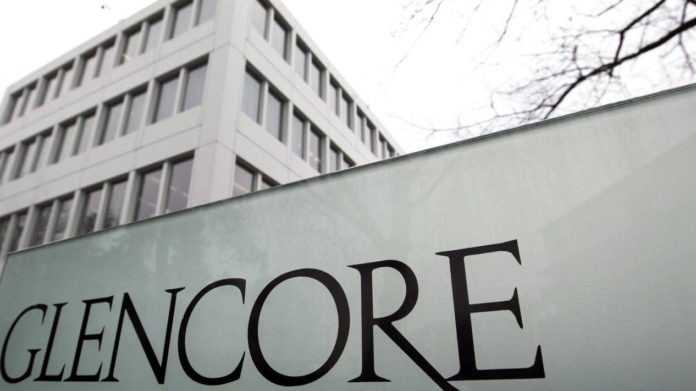
WHAT kind of company will Glencore be under the management of Gary Nagle?
According to Ivan Glasenberg, the group’s current, long-serving CEO, much the same as the one that exists today, at least in the short-term. “The company is well set up,” he said on Friday, the day he announced his retirement after 18 years.
Glencore is disposed towards a re-rating next year, a period described by UBS in a recent report as pivotal. “In our opinion, the valuation is the most attractive of the UK diversified miners and the risk/reward for its key commodities is relatively more attractive,” it said.
One of the main stressors that has worked against the firm’s valuation in recent times – its exposure to thermal coal production – is becalmed given the firm’s commitment to zero net carbon emissions by 2050. Relative to its metal production such as nickel, copper and cobalt – metals important in vehicle electrification and the generation of sustainable energy – thermal coal is small representing only 10% of EBITDA.
The other pressure, a number of investigations into the firm’s trading activities, is expected to be addressed in the next 18 months to two years. Analysts have started theorising on the possible fine, thinking this the most likely outcome.
Vitol, the Dutch oil trader, was this month slapped with a $160m fine for bribery by Brazil and the US Department of Justice (DoJ). It’s the DoJ that is one of the agencies leading the charge against Glencore’s alleged malfeasance. If a fine is the outcome, at least it’s not the $8bn charge Bernstein calculated was factored into Glencore’s share price a year ago.
So what will be different under Nagle? One is the fact he doesn’t own the same stock in Glencore as Glasenberg who is a 9% shareholder. New management “won’t be as wealthy as the first generation”, Glasenberg acknowledged – but still incentivised.
Having ‘skin in the game’ has clearly been a powerful characteristic in the way Glencore management tackles long-term business matters in particularly, but there are potential benefits in changing the Glencore model. It will give the board a greater steer over strategy, says Barclays.
The bank also alludes to the matter of the coal portfolio as it “remains an issue”. The Paris-aligned path of production run-off makes Glencore more investible provided they don’t have “absolute coal exclusion thresholds,” it said.
The rate at which popular consciousness is moving on the issue of climate change, constantly modifying what’s acceptable for managers working on behalf of the public or private purse, any coal ownership is becoming increasingly undesirable.
Should investors think ownership of any coal is intolerable, Glasenberg would support a carve-out of the assets – a development that Jefferies thinks a possibility. “We believe a de-merger of coal will happen, but not until Gary Nagle takes over as CEO,” the bank said.
It’s possible the role of coal won’t be a point of discussion assuaged by arguments about relative contribution to the business. The matter may boil down to whether a company the size and influence of Glencore should be supporting the fuel at all.











